At a LitWorld LitClub in Manila, the Philippines, a mentor shared the profound impact a book had on the girls there. Read page by page in both English and Tagalog; the children absorbed the book, Whoever You Are with deep delight. The teaching mentor described how the children responded strongly to the messages in the book, especially that when we cry we all cry the same, how inside no matter where we live we are so much the same.
And yet, as much as we share universal longings, humanity is also a complex, varied, beautiful range of personalities, nationalities, genders, perspectives, languages, and backgrounds.
The literature our children read should reflect that. It is a great empowerment to receive texts and opportunities to read that demonstrate to a child that she can be at home in the world.
Across the 50 grassroots organizations in 25 countries around the world that are LitWorld partners, children are reading books about characters that live in places they have never been, experiencing things they have not. These books take them on journeys away, and they love the adventure of it and the excitement. However, there are far fewer books that represent them: that represent their lived lives and the languages they grew up with, the kinds of homes they live in, the cultural context in which they live. Children, who do not vote and have no money of their own are not a vocal bloc to demand their rights. And so, they all too often go unheard and underserved. For children who have access to abundant texts that represent both the “journey” and the “home” of their lives are at a great academic advantage over those who do not.
International Literacy Day promotes literacy to empower individuals, communities and societies. In an age where 774 million adults worldwide still lack the basic reading and writing skills they need to become empowered citizens of the world, this mission is more urgent than ever. At LitWorld we hold children, and their unique and beautiful stories, as a source of hope for the future. Our expanded definition of literacy, which recognizes not only reading and writing but also listening, speaking and viewing as tools to understand ourselves and the world, has opened doors for children as they navigate their literacy journey.
Very few books are being written in or translated into the thousands of languages that exist around the world, and even fewer children have the chance to read these books. In countries where children’s publishing is a booming industry, many of the books selected for publication represent a narrow demographic. A 2014 study shows that though 37% of the U.S. population are people of color, only 10% of children’s books contain multi-cultural content in the past 21 years. We can take this day and every day that follows to advocate for children’s publishing, to print books in local languages, and that represent a wide diversity of children’s lives.
2015 Newbery Winner Kwame Alexander wrote in the New York Times that to build a bright future, “children’s book creators must accept the responsibility of planting seeds of diversity and equity. Of empathy and unity.” Contemporary writer Junot Diaz describes the effects of not seeing himself in books and texts when he was a child, “And growing up, I felt like a monster in some ways. I didn’t see myself reflected at all.” He grew up committed to writing the kinds of books that would help young people feel powerful and beautiful, the opposite of the monster he felt himself to be.
Let us prioritize a child’s right to literacy. We created LitClubs and found that the solution lies in the undeniable asset that every single one of us has–our own story. The ability to write one’s story and share it with others allows kids to explore themselves, their environment, and their relationship with literacy in formative and exciting ways. They can fill the gaps we have not yet filled: the stories of their own about the lives they live that deserve to be seen and read and absorbed. Some day the world will be full of these stories. If we empower children to tell their stories and we listen to the stories they hear, they will become the authors of their lives and fill the world with their unheard texts.
Today, look at your home and classroom libraries and ask: What more can I do to represent the diverse lives of my children, my students? What books are not yet here that will remind this child of home? Then, find those books, seek them out. I thank Booksource for being a champion of the diverse world of children’s literature and the chance we have to put those books on every shelf. And if the stories you want don’t yet exist in print, make sure your children get to practice the power of telling their stories, so that someday soon they may all be written, and all be shared so everyone can find a home in the bookshelf. This is my hope for International Literacy Day.
Booksource Recommendations
|
|


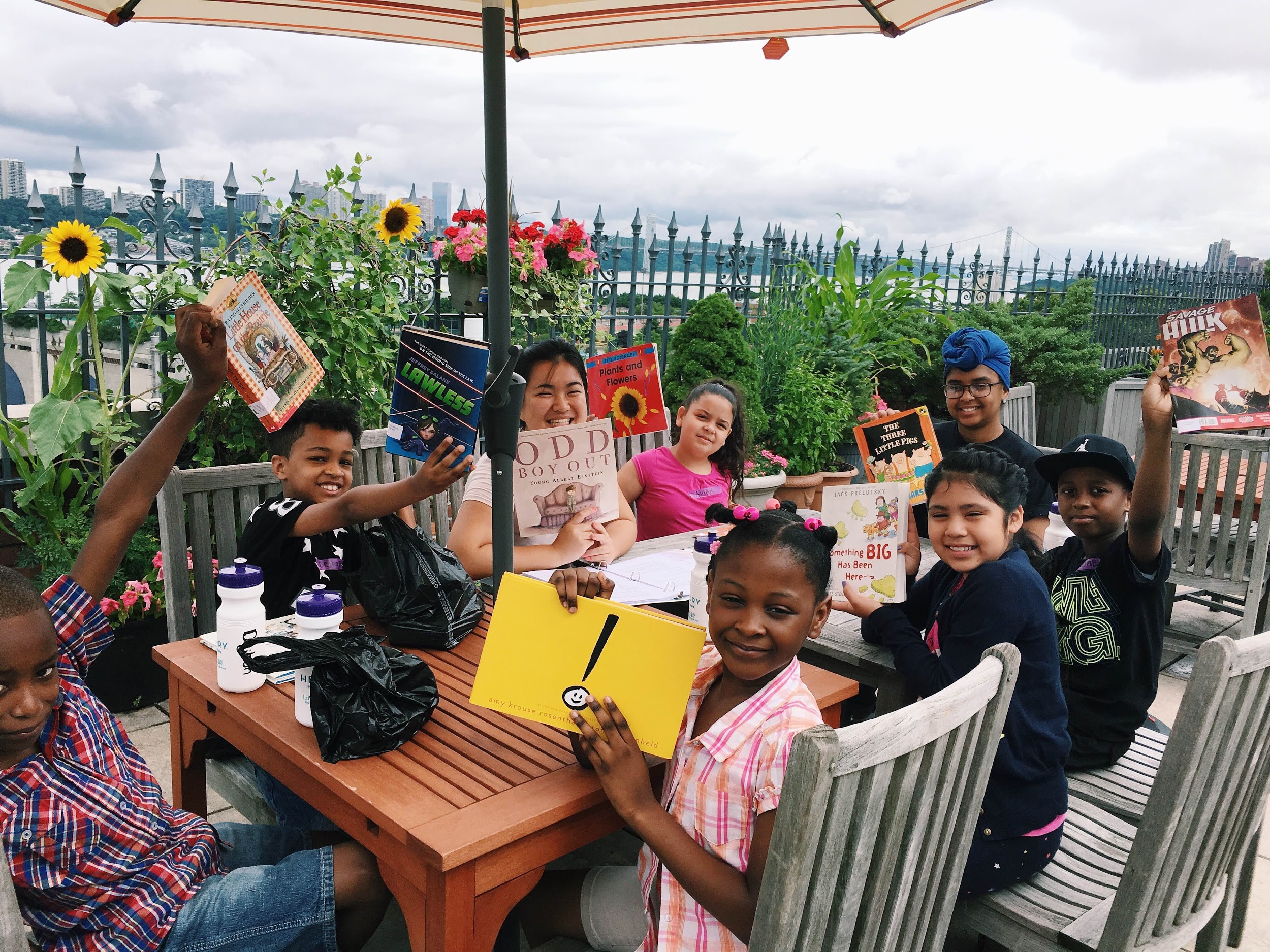
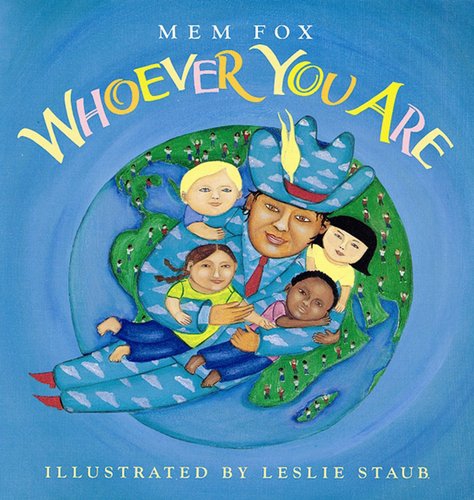
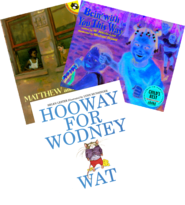
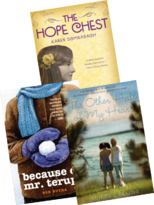
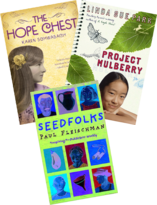
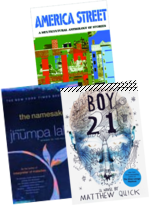

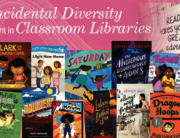
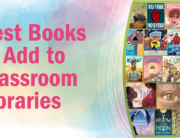
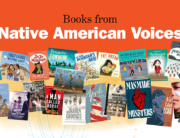
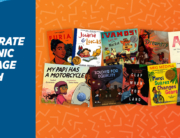
Leave A Comment